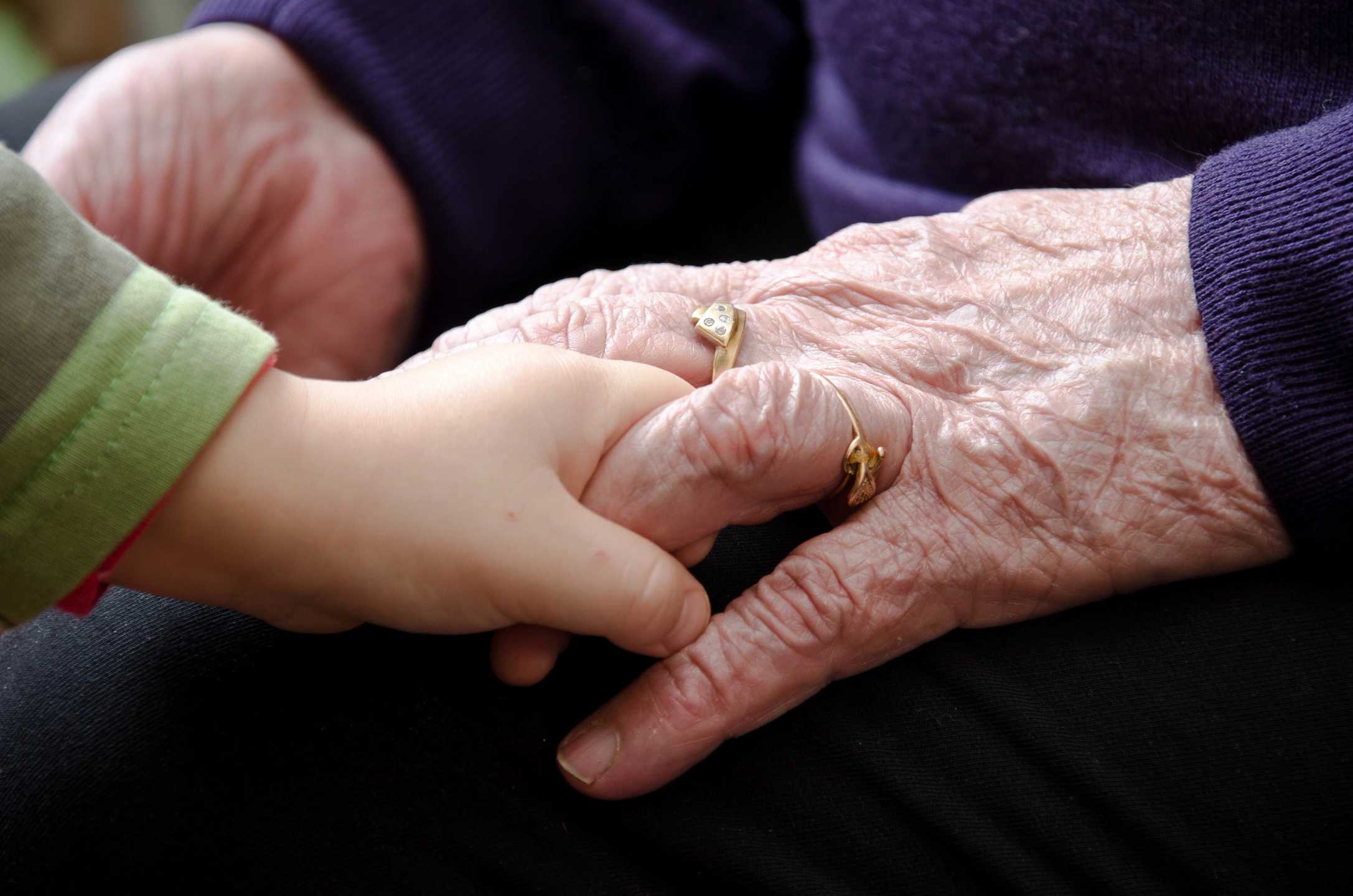Baby books are great sources of information about how one’s life began. Sure, there are dates and statistics galore, but there are also subtle tidbits. When we read the notes on the baby cards a young mother may have saved, we learn about relationships–friends and family–important people in our parents’ lives when we were born. A baby book often contains photos of us in our early days and provides us with glimpses into a time of our lives mostly hidden from our memory. Beyond all that, we may find our first family tree, complete with basic genealogical information of our near ancestors, perhaps to our great-grandparents, or beyond.
I was about eight when I first came across the family tree in my baby book. It was incomplete and raised questions in my young mind. For instance, my mother filled in names, dates, and places for my father’s side of the tree back to my great-grandparents, but she didn’t give any information for my great-grandparents on her side of the tree. Didn’t she know her own grandparents? Who were they? Then, there was the question of my paternal grandfather’s surname. It was different than my father’s. What did that mean? Didn’t children usually have the same last name as their father? I did. According to the family tree, my mother did. What happened in my father’s case?
This was my first experience with family history. The more I searched for answers, the more questions I would have for my parents. Some things, I learned, were not to be asked. Some questions may never be answered. But, that baby book lit a fire in my heart for knowing my ancestors. It showed the beginning of my tale and gave me a peek into how and where that tale began.
I encourage you to show your tale to your descendants. Give them the gift of heritage. Share it through baby books, photo albums, family trees, cookbooks, oral histories, journals, music, and more.
